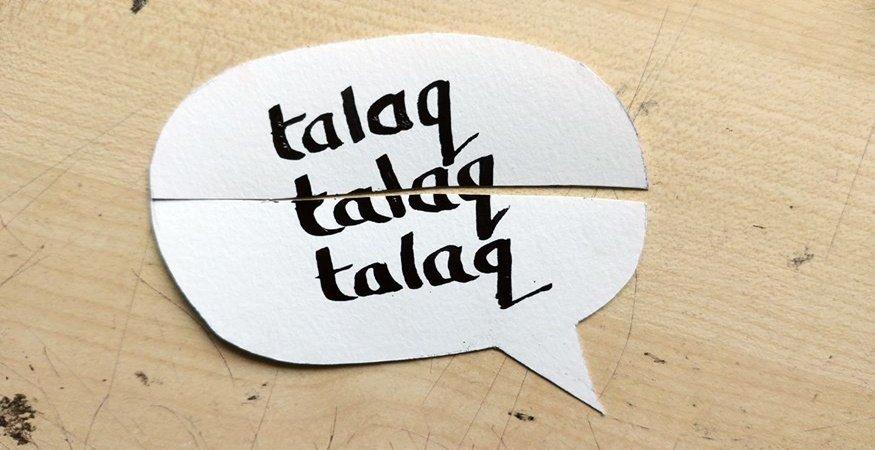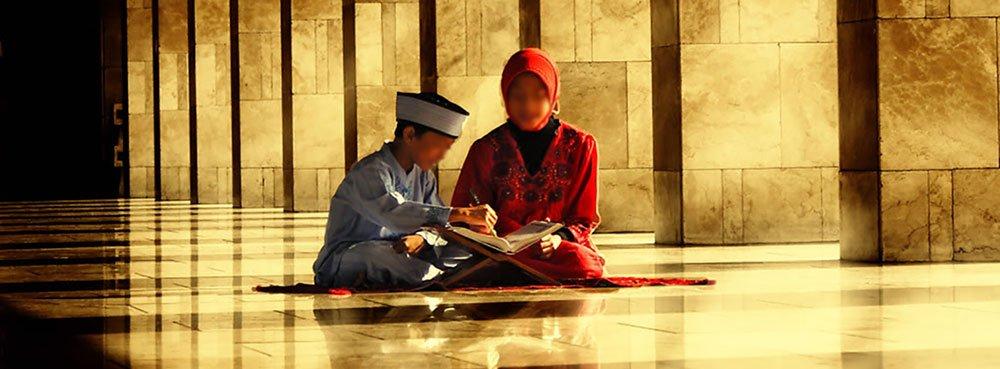BOOKS can be written – and indeed, have been written – on scores of pre-marital questions to ask prospective spouses. From ‘1001 Questions to Ask Before You Get Married’ to ‘The Hard Questions: 100 Essential Questions to Ask Before You Say I Do’ to ‘Saving Your Marriage Before it Starts: 7 Questions to Ask Before and After Marriage’ bookstores are inundated with self-help books that indicate that the phenomenon of getting married and staying married is being taken seriously.
Among Muslims, a woman’s wali (legal guardian) is often assigned the important, but uncomfortable task of playing Grand Inquisitor and giving prospective suitors a thorough grilling that would do the FBI proud, in order to protect a woman’s best interests.
Parents, siblings and potential spouses themselves prepare lists of questions in the getting-to-know-each-other phase, that provide clues to a prospective spouse’s personality and so, by extension, a couple’s compatibility.
Yet, given the spiraling divorce rate and the widespread heartbreak, bitterness and social chaos that are left in its wake – the brunt of which is mostly borne by women – something seems to be amiss. Perhaps the wrong people are being asked the wrong questions; perhaps it’s time to question ourselves before we set out to question others?
[Also read: Marriage Advice In The Quran]
1. Why Do I Want To Get Married?
It’s easy to come up with an automatic, almost Pavlovian answer: marriage is half of the Deen (religion); it is a means of preserving one’s chastity and fulfilling biological and psychological/social needs in a legitimate way.
However, a Hadeeth says: every deed is based upon the intention. It’s important to be clear in one’s own mind why one is seeking marriage: Is it because “everyone” I know is getting married? Is it because of parental or community pressure? Is it because the biological clock is ticking away? Is it because I’ve found Mr. Right? Is it because I’m tired of waiting for Mr. Right? Is it because I like weddings and the idea of being a wife? Is it because I’m seeking financial social security? Is it because I feel I can learn from my spouse and grow in the Deen?
These questions may sound inane at the outset, but the answers come in handy, when several years down the lane, women may find themselves wondering: “Why did I ever get married to this person?”
2. Am I Looking For The Right Qualities?
There is a Hadeeth that enumerates the four qualities that are generally considered desirable from the point of view of marriage: Maal (property/wealth), Jamaal (beauty), Nasab (lineage), and Deen (religion) and recommends that the best choice is to choose a woman based upon her Deen.
The same may hold true the other way around – men are often chosen for a variety of cultural, social, financial, educational, personal, and even physiognomic considerations, but the recommendation of the Prophet ﷺ remains the best bet for a blessed marriage – the other details vary from person to person, and are largely incidental, not basic, to marital happiness.What does it mean to choose a person on the basis of their Deen?
Does it mean to choose the graduate of an Islamic university, a charismatic community leader or caller to Islam on the basis of their public persona? Or does it mean to choose someone whose personal life, manners and behavior reflect the Sunnah of the Prophet ﷺ?
Since Muslim men are accorded the role of Qawwaam (protector, provider, leader) in marital relationships, it would be best to ask one: Do I look up to this person? Does he inspire trust? Is he knowledgeable and capable of exercising good judgment? Can I bring myself to follow his lead in life? Will he be a good example to my children?
[Also read: ‘Don’t Worry, I’ll Change Her’]
3. What Will I Contribute?
The maxim: “Ask not what your marriage can do for you; ask what you can do for your marriage” holds eternally true. Many women enter marriage with unrealistic expectations – of themselves, their spouses and the entire marital experience. One’s level of preparedness for marriage goes beyond wedding planners, homemaking skills and trousseau shopping – it extends to an entire mindset.
Am I willing to commit time, patience, enthusiasm and loyalty to the relationship? Will I be contributing an element of reason and maturity? Will I be more mindful of taking my rights or giving them? According to the Quran, spouses have the right to expect closeness and companionship, love and mercy from each other. Do I have the generosity of spirit to give and receive all that?
4. How Will I Deal With Differences?
It’s naive to believe that marriages will never run into troubled waters – Islam clearly enunciates a Plan B, recommending that family members and knowledgeable community elders from both sides counsel and mediate at such times.
Even in the worst possible scenario – divorce – the Quran recommends “staying together by Ma’aroof (mutually acceptable/amicable means) or parting with Ihsaan (moral excellence). ” (Quran, 2: 229)
It may be worthwhile to evaluate: How do I react to trouble – with patience and reasoning or fits of temper and pique? Am I willing to accept another point of view, or well-meaning advice in good faith and good humor? Do I have the tendency to bear long-term grudges or am I quick to forgive and forget? Can I disagree respectfully, without regressing to vitriolic recrimination?
5. How Will It Be Like To Be Married To Me?
Marriage counselors consider this an indispensable question to ask oneself. It is relatively easy to extrospect – to be so caught up in drawing out lists of must-have qualities in a prospective spouse, that one neglects to introspect:
What sort of a wife would I make – would I be someone who would enrich and inspire? Would I be someone with whom my spouse would “dwell in tranquility”?
The Du’aa of the believers in the Quran is: “O Lord! Grant us wives and offspring who comfort our eyes…” (Quran, 25:74)
The question is: Do I have it in me to be the personification of such a prayer?
[Also read: Top 12 Tips For A Strong Bond With Your Spouse]
Limited free articles. Subscribe for full access.








 Dr. Bilal Philips
Dr. Bilal Philips